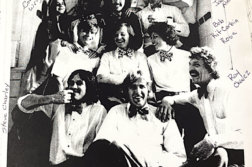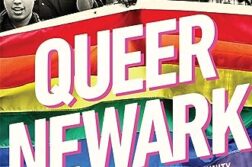Published in: July-August 2010 issue.
IN JUNE 2010, the GLBT community is observing its 40th year of Pride. The first annual celebration of Gay Pride took place in New York a year after the Stonewall Riots of June 1969. Movement pioneer Craig Rodwell, who founded the Oscar Wilde Memorial Bookshop, took the lead in organizing the Christopher Street Liberation Day Committee (csldc) to commemorate the first anniversary of Stonewall. The celebration centered on the Christopher Street Liberation Day Parade, held in New York on June 28, 1970. Although they could not have known it at the time, the 1970 march would give rise to “GLBT Pride” worldwide, which millions celebrate each year.






